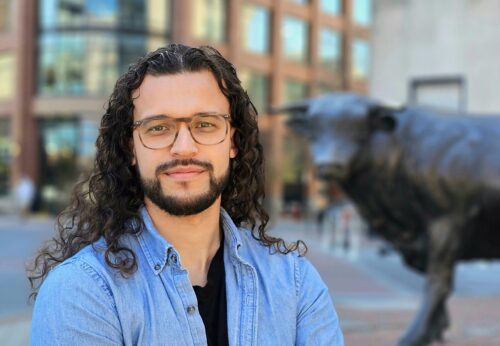Jennifer Lucio Vargas has entrepreneurship in her blood. The founder and CEO of Miami’s 305 Communications and Events was born to immigrant parents from Cuba, and her father worked tirelessly to put himself through Harvard undergraduate and law school. “He worked cleaning toilets while he was in school,” she says. “But he eventually opened his own law firm, and worked there for decades. I always saw him as an entrepreneur and boss, but he always said, ‘Things don’t happen by chance.’ Even with a degree from Harvard, he knew that it just opened a door — the rest was about the effort and the work that he made.”
Now, as the owner of her own business — which largely works with and produces events for some of the top Hispanic organizations in the country — Lucio Vargas still marvels at the work ethic of her parents, who fled Cuba in the 1960s. “They came here with nothing, just the clothes on their backs,” Lucio Vargas says. “They left everything they knew — friends, family, language — and they did it as children. It wasn’t an easy transition. I can’t imagine being plucked out of the United States.”
If you’re making money for this country, doing jobs people don’t want to do, and laboring every single day, you should have an opportunity to become a citizen.
While Lucio Vargas’ parents entered the United States legally, her own husband, who came here as a child from Peru, was undocumented for years. “His parents worked hard, and they all became citizens,” she says. “Everyone should have that opportunity.” In addition to her family’s own history, Lucio Vargas sees the value of immigrants in her work. Of the 20 contractors she employs across the country, all are immigrants or first-generation U.S. citizens, and she depends on their work ethic and unique point of view to serve her clients.
For those reasons, Lucio Vargas would like to see immigration reform that welcomes people into the country, and that does not punish individuals and families who are hard-working members of society, even if they initially entered the country illegally. “If you’re making money for this country, doing jobs people don’t want to do, and laboring every single day,” she says, “you should have an opportunity to become a citizen.”



